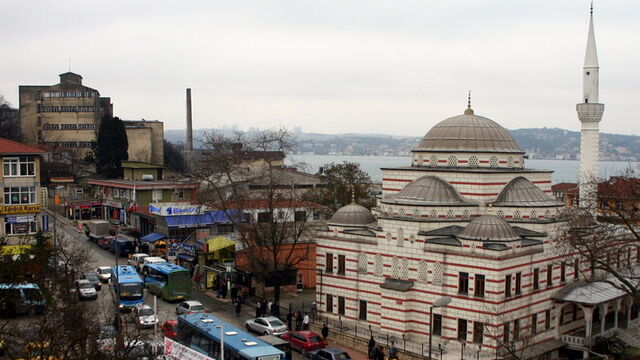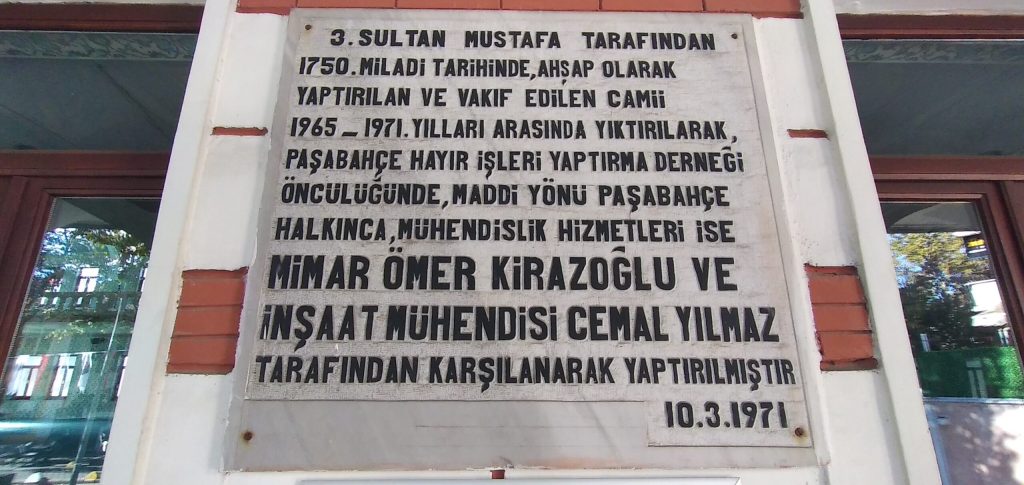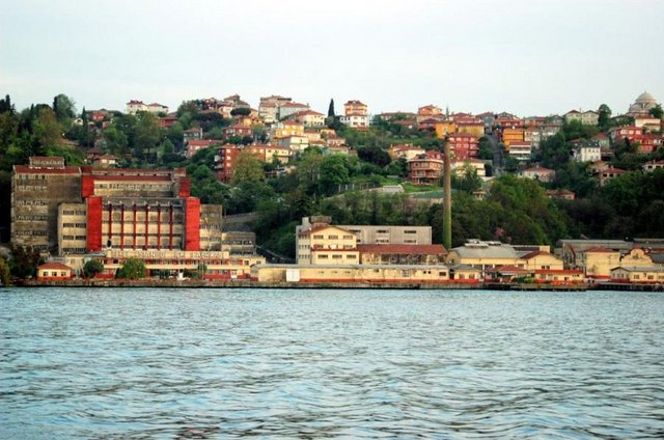Paşabahçe Mosque Heated by a Rakı Factory: A Hidden Chapter in Istanbul’s Industrial Past
In the heart of Istanbul’s Beykoz district stands the historic Paşabahçe Mosque. Few would imagine that for 12 years, this sacred place was quietly heated by steam coming from what the locals called the “rakı factory”.
Unbeknownst to most of the congregation, the mosque’s heating system was directly connected to the former Paşabahçe Alcoholic Beverages Factory, once operated by TEKEL, Turkey’s state-owned enterprise. The steam generated during alcohol production,especially rakı, was not wasted; instead, it was cleverly rerouted to warm the nearby mosque.

From Waste to Warmth: How the Idea Was Born
In 1995, during the cold Istanbul winter, locals noticed vast amounts of steam being discharged into the Bosphorus from the factory. Recognizing this wasted heat, residents proposed a practical solution: redirect the steam to heat the mosque.
The factory administration approved the idea, and with support from the Paşabahçe Mosque Foundation, a pipe system was built connecting the factory to the mosque. Thanks to this initiative, the mosque could be heated for years without paying a single lira.

Legalizing the Link: Ensuring the Steam Would Flow
Anticipating the risk of the factory ceasing steam supply in the future, the mosque association ensured that everything was formalized through official agreements. This not only secured the operation legally but also ensured continuity of the unusual heating system.

Religious Approval: Can Paşabahçe Mosque Be Heated by a Rakı Factory?
Once the system was in place, another concern arose, was it religiously acceptable for a mosque to be heated using steam from an alcohol production facility? The association approached the Beykoz Mufti’s Office for a formal opinion. The muftiate issued a favorable fatwa, stating there was no religious objection to the arrangement.
An Ironic Yet Practical Harmony
The story of the Paşabahçe Mosque and the rakı factory is a compelling example of how practicality, community effort, and even irony can coexist. Though the TEKEL factory was eventually privatized in 2003 and later shut down, this unique arrangement remains a vivid memory in Istanbul’s urban folklore, a mosque once heated by a rakı factory’s steam.
